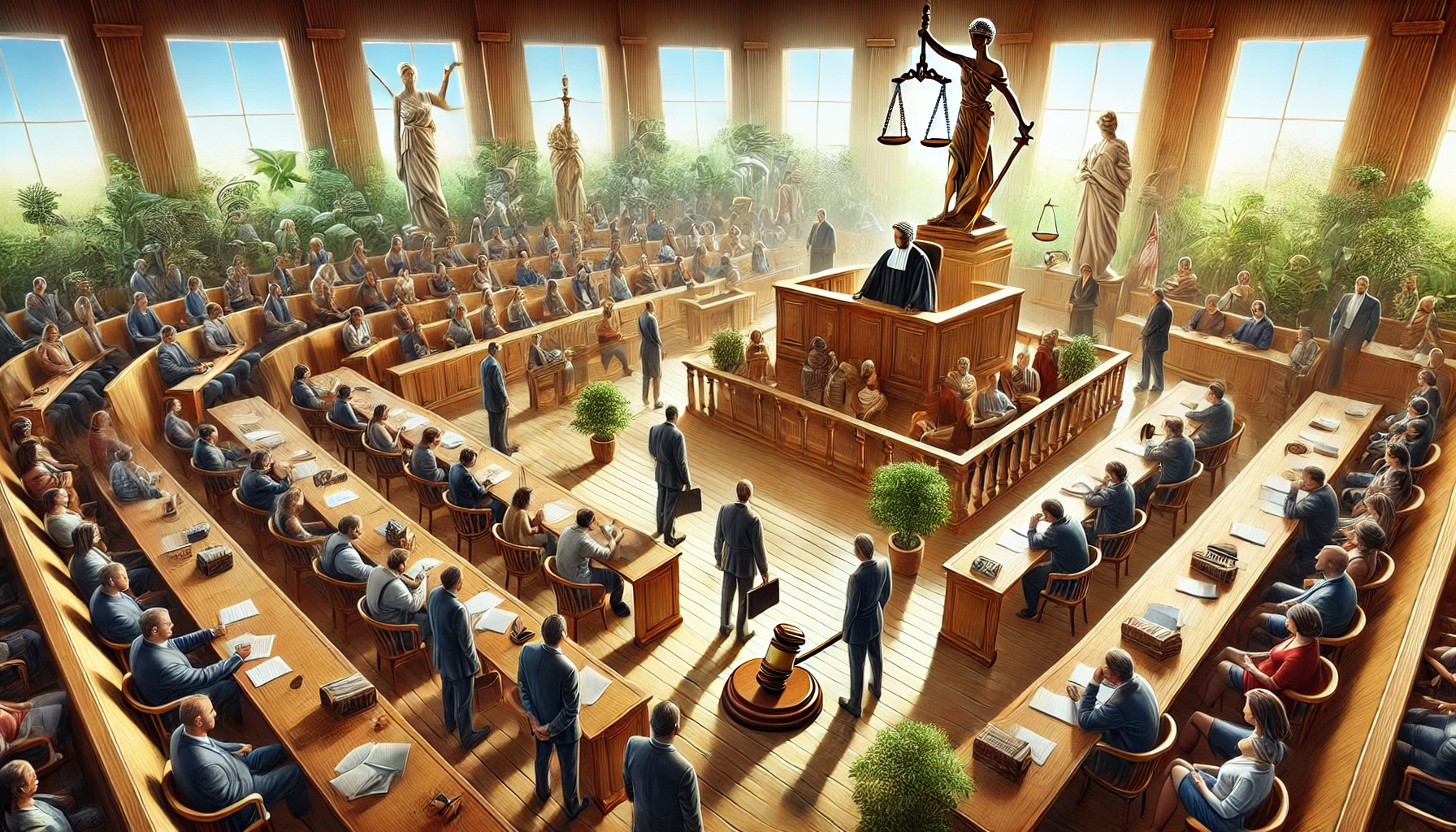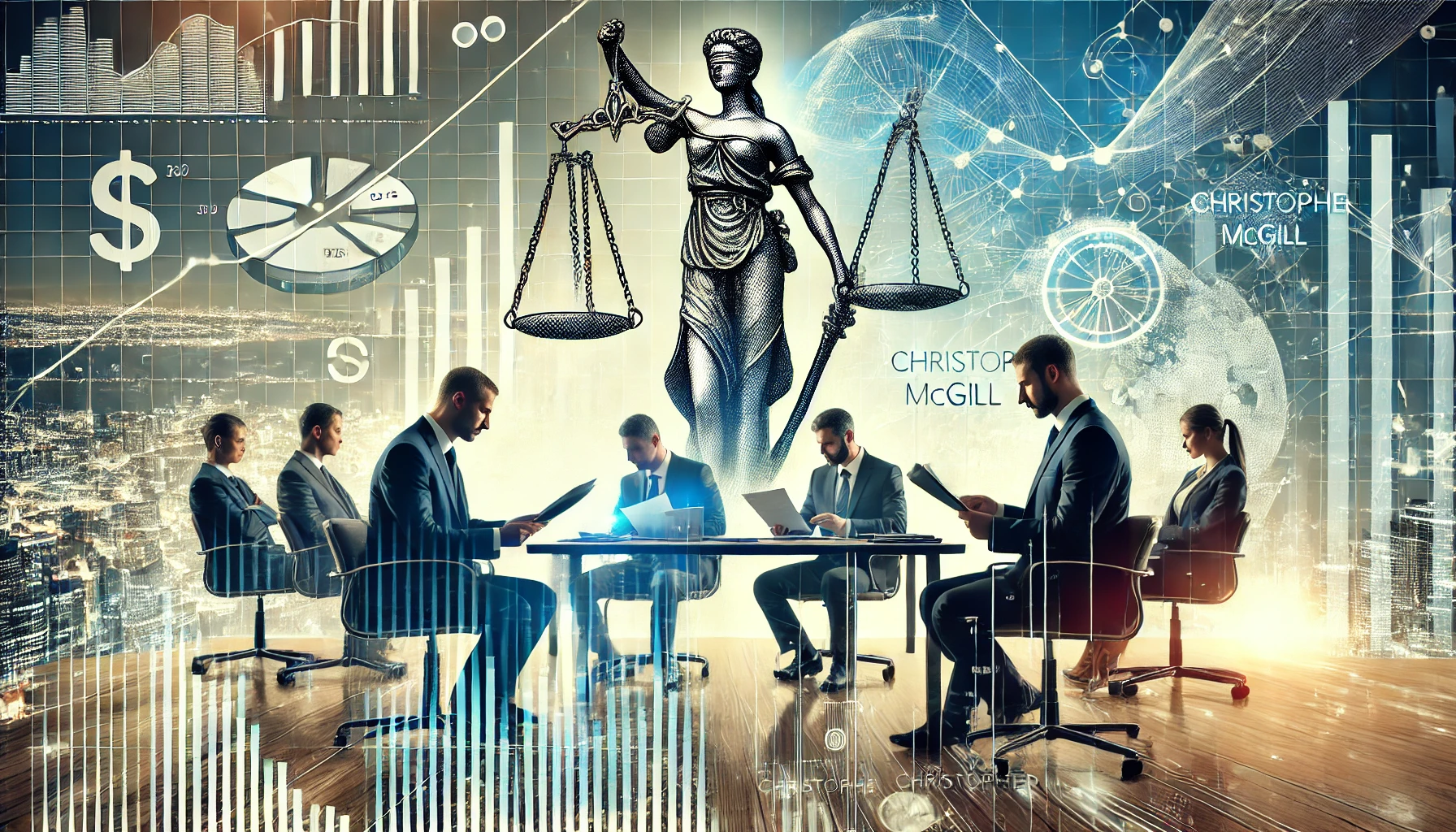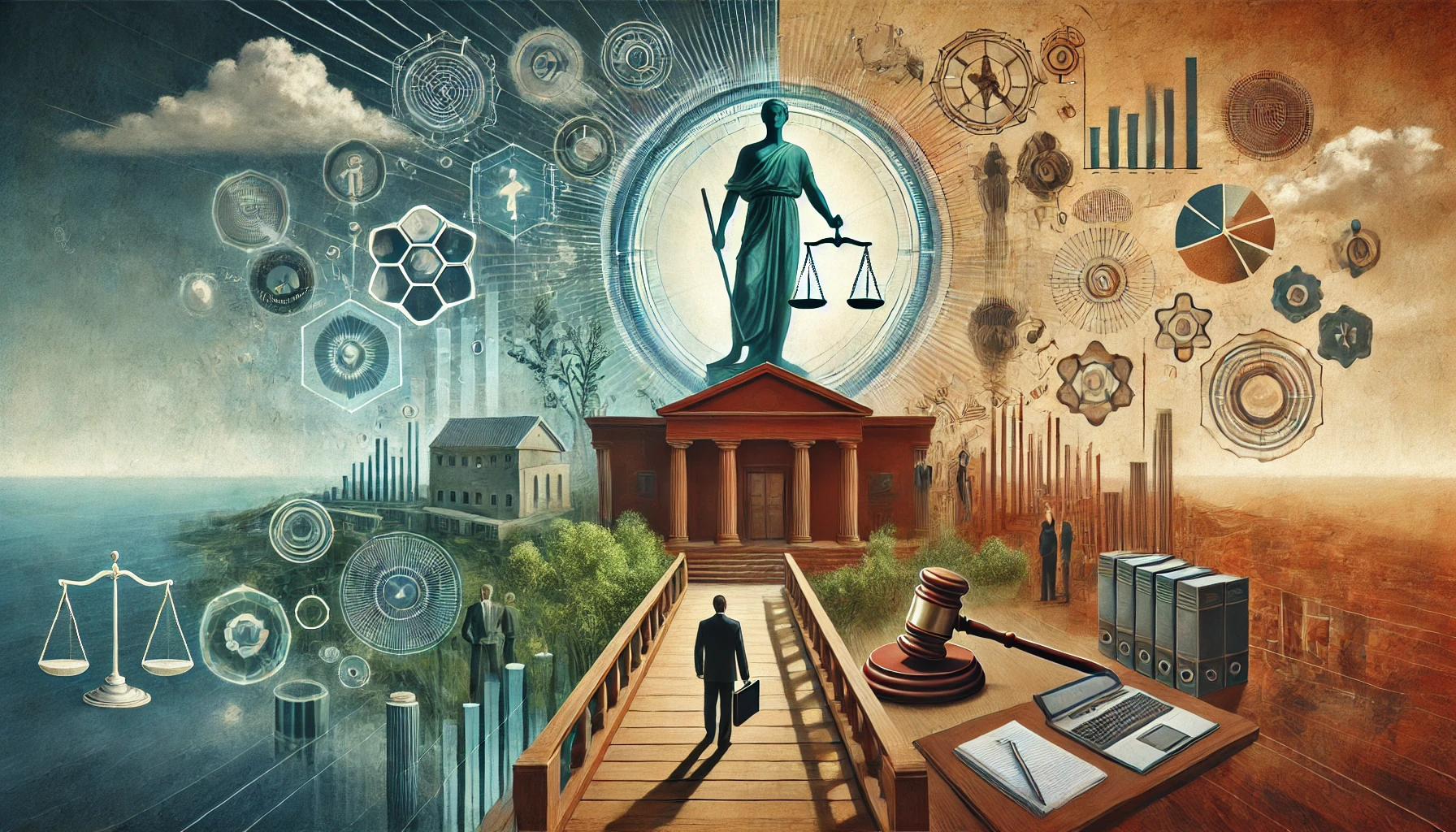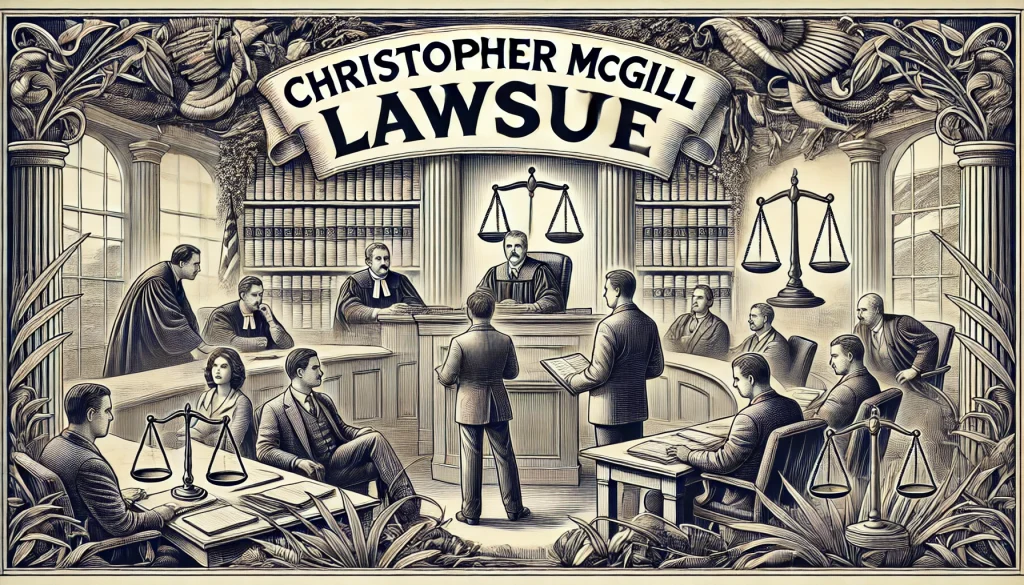The Christopher McGill lawsuit has garnered significant attention, raising questions about the events and circumstances leading to its initiation. This legal case involves serious allegations that have prompted widespread discussion in both legal and public spheres.
As the lawsuit unfolds, the details surrounding the Christopher McGill lawsuit shed light on complex legal and ethical issues. It serves as a focal point for debates on accountability and transparency in the related context.
The impact of the Christopher McGill lawsuit extends beyond the courtroom, influencing public opinion and potentially reshaping industry practices. The case highlights the need for a closer examination of the standards governing similar situations.
The Weight of Public Opinion in the Christopher McGill Lawsuit
The Christopher McGill lawsuit has prompted significant discussions among legal experts, ethical analysts, and the public. Professionals involved in similar cases have shared their perspectives, shedding light on the complexities of navigating high-profile legal disputes. One legal expert remarked:
“Cases such as the Christopher McGill case need a careful balancing act between public opinion and factual data. Ensuring a fair trial while managing media scrutiny is no small task.”
This statement highlights the delicate interplay between legal proceedings and external pressures, which often complicate such cases.
Observers have also commented on the broader implications of the case, with one industry analyst stating:
“ The McGill case serves as a reminder of how crucial ethical protections are in work environments. The ripple effects of such cases can change entire industries.”
For those directly or indirectly impacted by the lawsuit, the focus often shifts to accountability and resolution. A legal professional familiar with similar cases noted:
“The goal in cases like this isn’t just to win; it’s to ensure that justice is served and future risks are mitigated.”
These insights underline the multifaceted nature of the Christopher McGill lawsuit, offering a deeper understanding of its implications for legal practices and professional accountability.
Timeline of Events Leading to the Christopher McGill Lawsuit
The Christopher McGill lawsuit emerged from a sequence of events that began with allegations surfacing in early 2023. These claims initially went unnoticed by the public but gained traction as more details became available.
In March 2023, an investigation was initiated following reports from individuals directly involved in the case. This investigation uncovered critical documents and testimonies that were later used to file the formal lawsuit.
By June 2023, the allegations had become public knowledge, prompting widespread media coverage. Public interest peaked as new revelations about the events leading to the lawsuit surfaced.
Key Events Timeline Table:
| Date | Event |
| Early 2023 | Allegations initially raised |
| March 2023 | Investigation launched |
| June 2023 | Lawsuit becomes public |
| August 2023 | Case presented in court |
In August 2023, the lawsuit was officially filed in court, marking a turning point in the legal battle. Subsequent developments included motions, hearings, and a growing list of parties involved.
By late 2023, the lawsuit had reached its current stage, with key evidence being presented and legal arguments intensifying. The timeline remains crucial for understanding the progression of the case.
Legal Proceedings in the Christopher McGill Case
The legal proceedings in the Christopher McGill lawsuit began with the filing of formal complaints, outlining the allegations in detail. These documents formed the basis for the legal case.
During the initial hearings, both parties presented preliminary arguments, with the defense strongly denying the claims. The court set a timeline for evidence submission and witness depositions, marking the start of an intense legal process.
The mid-stage of the proceedings saw the inclusion of expert testimonies and forensic analysis. These elements were pivotal in shaping the case’s trajectory, as they provided insight into the credibility of the allegations.
- Key Legal Milestones:
- Filing of formal complaints
- Preliminary hearings
- Expert testimony inclusion
- Motions to dismiss certain claims
As of now, the legal battle continues with both sides engaged in preparing for a potential trial. The proceedings underscore the complexity of the Christopher McGill lawsuit and the legal strategies employed.
Key Evidence Presented in the Christopher McGill Lawsuit
The Christopher McGill lawsuit has seen the presentation of compelling evidence, which plays a central role in the case. This evidence includes both physical documentation and testimonies from key witnesses.
Forensic reports submitted to the court highlighted discrepancies in financial transactions, which formed part of the allegations. These findings were supplemented by emails and internal communications obtained during the investigation.
A significant moment in the case was the testimony of a former associate, whose statements corroborated some of the claims against McGill. This testimony introduced a new layer of complexity to the lawsuit.
Summary of Key Evidence:
| Evidence Type | Details |
| Forensic Reports | Financial discrepancies |
| Internal Communications | Emails and other communications tied to allegations |
| Witness Testimonies | Statements corroborating allegations |
The combination of these evidentiary elements has added weight to the case, though the defense continues to challenge their validity.
Impact of the Lawsuit on Christopher McGill’s Career
The Christopher McGill lawsuit has had a profound impact on his professional career. Once regarded as a prominent figure in his field, McGill has faced significant challenges since the lawsuit became public.
The allegations have led to strained relationships with business partners and clients. Several contracts were reportedly canceled, affecting McGill’s financial standing and professional reputation.
Public perception has also shifted dramatically. Social media and news outlets have amplified the case, resulting in a polarized response. While some express support for McGill, others question his integrity.
- Career Impacts:
- Loss of professional contracts
- Strained partnerships
- Increased public scrutiny
McGill’s ability to recover professionally depends on the resolution of the lawsuit. Regardless of the outcome, the case has already left an indelible mark on his career trajectory.
Public and Media Responses to the Case of Christopher McGill
The Christopher McGill case has generated significant public interest, with reactions varying widely across different platforms. Social media has been a hub for heated discussions, with hashtags and trends related to the lawsuit dominating conversations.
Traditional media outlets have provided in-depth coverage, focusing on the allegations and their potential ramifications. Some reports have taken a neutral stance, while others have leaned toward either supporting or criticizing McGill.
Public opinion has been polarized. Supporters argue for due process and emphasize McGill’s contributions to his field, while critics highlight the seriousness of the allegations and demand accountability.
Media Analysis Table:
| Media Type | Coverage Focus |
| Social Media | Trending hashtags, public debates |
| Print Media | Detailed analysis of allegations |
| Broadcast News | Expert panels, legal implications |
The case has also attracted attention from influencers and commentators, further amplifying its visibility. These reactions have added to the pressure on both parties involved in the lawsuit.
Overall, the combination of public and media scrutiny has created a challenging environment, influencing perceptions and potentially impacting the legal proceedings.
Legal Implications of the Christopher McGill Lawsuit
The legal implications of the Christopher McGill lawsuit extend beyond the immediate parties involved. The case highlights critical issues in the interpretation of laws related to professional ethics and accountability.
One key implication is the precedent it may set. If McGill is found liable, the case could influence future lawsuits in similar contexts, encouraging stricter enforcement of regulations.
The lawsuit also underscores the importance of transparency in professional practices. Legal experts have noted that cases like these often prompt organizations to review their policies to avoid similar disputes.
-
- Broader Legal Implications:
- Potential precedents for future cases
- Increased scrutiny on professional standards
- Legal reforms in related sectors
- Broader Legal Implications:
Moreover, the case has drawn attention to the role of evidence and the challenges of proving allegations in complex legal disputes. These factors contribute to the wider significance of the lawsuit in the legal landscape.
The ongoing proceedings serve as a reminder of the evolving nature of legal accountability, particularly in high-profile cases.
Potential Outcomes of the Christopher McGill Legal Proceedings
The Christopher McGill legal proceedings could result in a range of outcomes, each carrying distinct implications for McGill and the involved parties. One possible outcome is an out-of-court settlement, which may offer a quicker resolution but might leave some questions unanswered.
If the case proceeds to trial, the court could rule in favor of the plaintiff, leading to penalties such as fines or professional restrictions for McGill. Conversely, a ruling in McGill’s favor could restore his reputation but might still carry lingering public skepticism.
Potential Outcomes Chart:
| Outcome | Impact |
| Out-of-Court Settlement | Quicker resolution, potential confidentiality |
| Plaintiff Wins | Financial penalties, professional damage |
| McGill Wins | Reputational recovery, lingering doubts |
Another possibility includes the dismissal of certain claims due to insufficient evidence. This outcome would reflect the challenges of building a watertight case.
Regardless of the outcome, the case is likely to leave a lasting impact on McGill’s personal and professional life, as well as on the legal principles it touches upon.
Comparative Analysis: Christopher McGill Lawsuit and Similar Cases
The Christopher McGill lawsuit shares similarities with other high-profile legal disputes, offering valuable insights into patterns and outcomes in such cases. One common thread is the role of public opinion, which often amplifies the stakes for those involved.
A key difference, however, lies in the specifics of the allegations. While some cases focus solely on financial misconduct, the McGill case also involves professional ethics, adding a unique dimension.
Comparative Table of Similar Cases:
| Case | Allegations | Outcome |
| Case A | Financial misconduct | Settlement reached |
| Case B | Ethical violations | Professional license revoked |
| Christopher McGill | Financial and ethical concerns | Pending |
Another area of comparison is the legal strategy. In some similar cases, defendants chose early settlements to avoid prolonged scrutiny, whereas McGill has opted to contest the claims.
These comparisons highlight the distinctive nature of the McGill lawsuit while offering lessons from other cases. The outcomes of similar disputes may provide clues about potential resolutions and their broader implications.
Expert Opinions on the Christopher McGill Case
Legal and industry experts have weighed in on the Christopher McGill case, offering diverse perspectives on its implications. Many view it as a landmark legal battle that could redefine accountability within the industry.
Some legal analysts have emphasized the strength of the evidence presented, noting that the case could serve as a benchmark for similar lawsuits. They highlight the importance of how the evidence is handled in court, which could sway the outcome significantly.
Industry professionals have expressed concern about the case’s broader ramifications. Several experts believe it may lead to heightened scrutiny in professional dealings and a push for stricter compliance standards.
-
- Key Expert Insights:
- Potential for setting legal precedents
- Importance of evidence in shaping case outcomes
- Industry-wide impact on practices
- Key Expert Insights:
Conversely, some commentators caution against drawing conclusions too early, as the complexities of the case leave room for unexpected developments. These expert opinions reflect the multifaceted nature of the Christopher McGill lawsuit.
Financial Consequences Stemming from the Christopher McGill Lawsuit
The Christopher McGill lawsuit has already resulted in significant financial ramifications, both for McGill and related entities. The legal costs alone, including attorney fees and court expenses, represent a considerable burden.
Beyond direct legal expenses, McGill has reportedly lost several key contracts as a result of the allegations. This loss of income has compounded the financial strain caused by the lawsuit.
Estimated Financial Impact Table:
| Category | Estimated Cost/Impact |
| Legal Fees | High, ongoing |
| Loss of Contracts | Significant |
| Potential Fines/Payouts | Pending lawsuit outcome |
Additionally, the reputational damage associated with the case has led to decreased business opportunities, affecting McGill’s ability to generate future revenue. The overall financial toll underscores the high stakes involved.
If the case results in a ruling against McGill, potential fines or compensatory damages could further exacerbate the financial consequences, making the outcome pivotal for his financial stability.
Ethical Considerations in the Christopher McGill Legal Battle
The Christopher McGill legal battle raises profound ethical questions about accountability and professional conduct. Central to the case is the issue of whether McGill acted within the boundaries of ethical norms or violated established standards.
One ethical consideration revolves around transparency. The case has sparked debates on the responsibility of professionals to disclose conflicts of interest or potential risks associated with their actions.
Another aspect concerns the role of whistleblowers and their protection. The lawsuit has highlighted the ethical importance of creating safe avenues for reporting misconduct without fear of retaliation.
-
- Ethical Issues Highlighted by the Case:
- Transparency in professional dealings
- Accountability and conflict resolution
- Protection of whistleblowers
- Ethical Issues Highlighted by the Case:
The ethical dimensions of the case extend beyond the individuals involved, prompting organizations to reassess their own ethical guidelines. This aspect underscores the case’s broader significance in shaping professional ethics.
Future Implications of the Christopher McGill Lawsuit on Industry Practices
The Christopher McGill lawsuit is poised to influence industry practices significantly, regardless of its outcome. One potential change is the introduction of stricter regulatory frameworks aimed at preventing similar disputes in the future.
Industry leaders may also adopt more rigorous vetting processes for partnerships and contracts. This shift would be a direct response to the vulnerabilities exposed by the McGill case.
Projected Industry Changes:
| Area | Potential Changes |
| Regulatory Frameworks | Stricter compliance and enforcement |
| Contractual Processes | Enhanced due diligence |
| Ethical Standards | Updated codes of conduct |
Another potential implication is the increased focus on risk management. Organizations are likely to invest in training and policies designed to mitigate risks and ensure accountability.
The long-term impact of the Christopher McGill lawsuit will likely serve as a cautionary tale, encouraging proactive measures to safeguard against similar legal and ethical challenges. This shift could ultimately strengthen the industry’s overall integrity.
Conclusion
The Christopher McGill lawsuit stands as a pivotal case with far-reaching implications across legal, ethical, and professional domains. Its progression has brought to light critical issues surrounding accountability, transparency, and the interpretation of ethical standards.
As the case unfolds, it not only shapes the reputation and future of Christopher McGill but also serves as a wake-up call for industries to reassess their practices. The public and media reactions underscore the growing demand for integrity and due process in professional spaces.
Ultimately, the resolution of the Christopher McGill lawsuit will likely influence similar cases in the future, setting legal precedents and shaping regulatory frameworks. Regardless of its outcome, the case has already left an indelible mark on the landscape of professional ethics and accountability.




